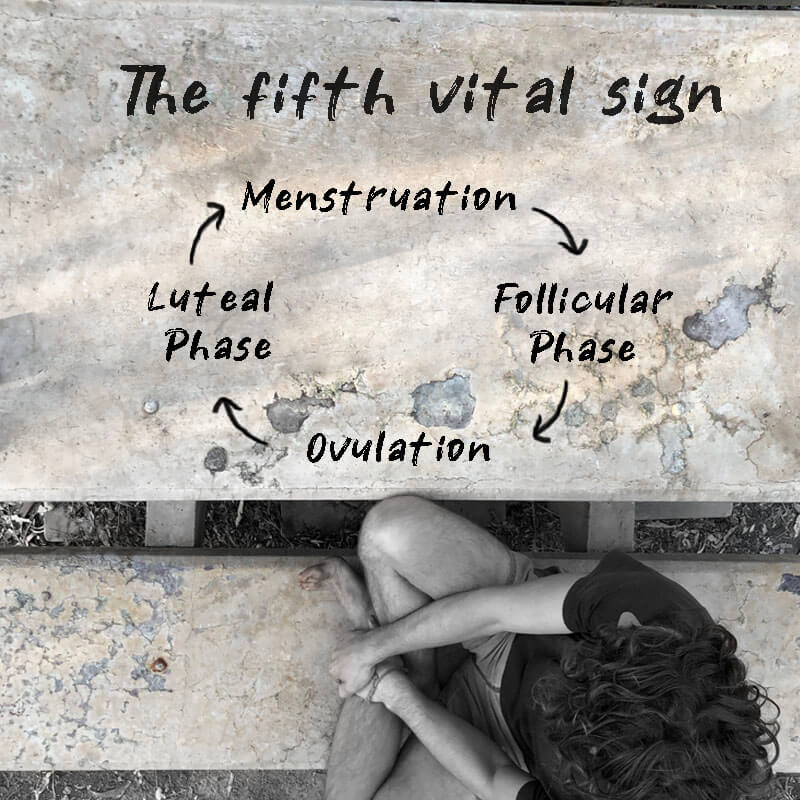The concept of “healthy” and “unhealthy” foods often seems straightforward, with certain items frequently labelled as either good or bad for us. However, health is a multifaceted and contextual concept that can shift depending on the circumstances. This article will explore the idea that health and nutrition are not absolute but rather depend on various factors. To illustrate this point, let’s dive into a fun story that highlights how context can transform a quinoa salad into junk food and a fast-food burger and chips into health food.
A Desert Adventure
Imagine you’re wandering through a vast, scorching desert with no end in sight. As the sun beats down on you, you come across an abandoned car that has been sitting there for three days. Desperate for sustenance, you search the vehicle and discover stores of water and two food options: a leftover fast-food burger and chips, and a quinoa salad.
Under normal circumstances, the quinoa salad would be considered a healthier choice, packed with nutrients and essential vitamins. However, in this context, the situation has drastically changed. After three days in the heat, the quinoa salad is likely rotten, mouldy, and potentially harmful to consume. In contrast, the fast-food burger and chips, loaded with preservatives, have likely fared better in the harsh desert environment and may still be edible. This fast-food meal may provide life saving sustenance.

The Contextual Nature of Health
The desert scenario underscores the importance of understanding that health is contextual. What may be considered healthy in one situation can quickly become unhealthy in another, and vice versa. This holds true not only for food but also for various aspects of our lives, such as exercise, sleep, and stress management.
The concept of health as contextual challenges the idea of a one-size-fits-all approach to nutrition and wellness. Our nutritional needs and choices can be influenced by factors such as our environment, activity levels, and personal preferences. By recognising the fluid nature of health, we can make more informed decisions that align with our unique circumstances and individual needs.
Embracing a Flexible Approach to Nutrition
To navigate the ever-changing landscape of health and nutrition, it is essential to adopt a flexible approach that considers context. Some tips for adopting this mindset include:
Listening to Your Body: Pay attention to how different foods make you feel and adjust your diet accordingly, acknowledging that your needs may change over time or in different situations.
Balancing Moderation and Variety: Embrace a diverse range of foods and avoid labelling them as strictly good or bad. Instead, focus on enjoying a balanced diet that incorporates a variety of flavours, textures, and nutrients.
Adapting to Your Environment: Recognise that your nutritional needs may shift based on your surroundings, activity levels, or other factors. Be willing to adapt your diet as needed to support your overall well-being.
*
The story of the quinoa salad and fast-food burger in the desert serves as a powerful reminder that health and nutrition are complex, contextual concepts that cannot be reduced to simple binaries. By embracing a flexible approach to nutrition and acknowledging the ever-changing nature of health, we can make more informed choices that support our well-being in various circumstances. In the end, the key to a healthy diet lies in understanding that what may be “junk food” in one context could very well be “health food” in another.

Nils Strohbeck
Connect
A Perfect Coup: Pharmaceutical Industry’s Hold on Healthcare
A dive into industry's extensive influence
Lead and the Fall of the Roman Empire: Welcome the ‘Aluminium Age’
How Aluminium is Affecting Our Health









